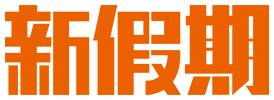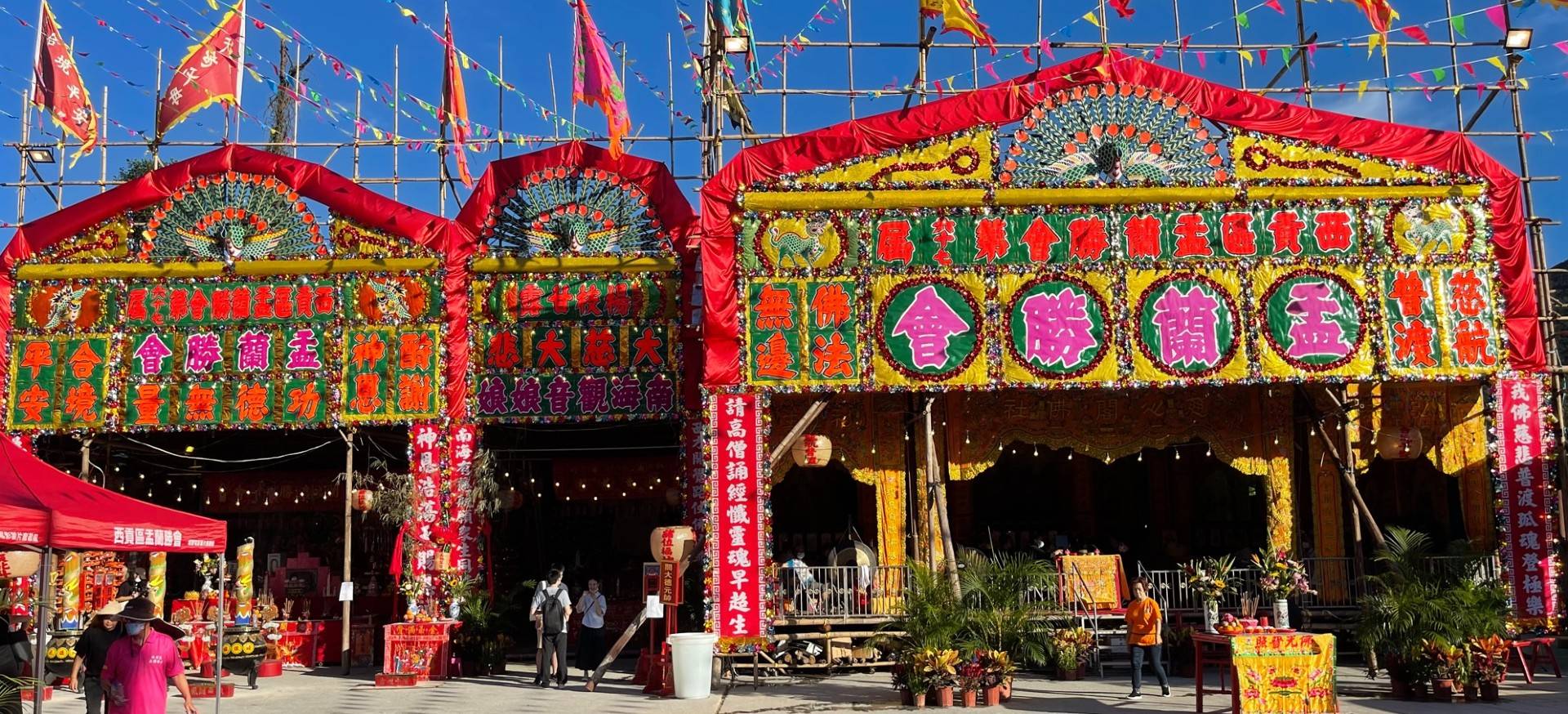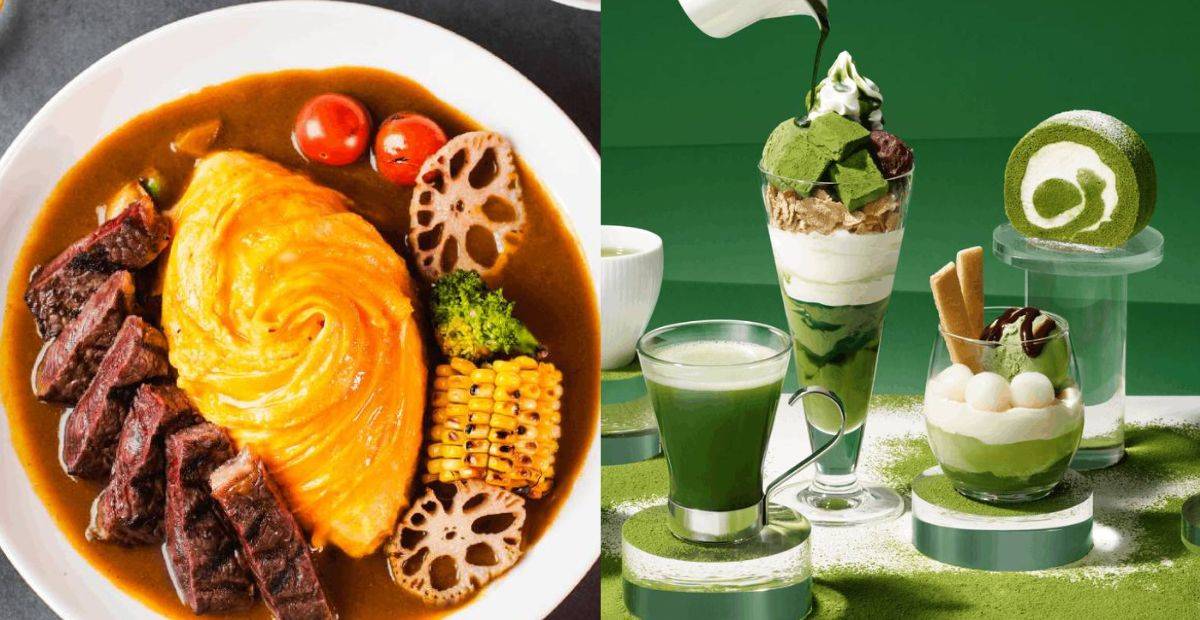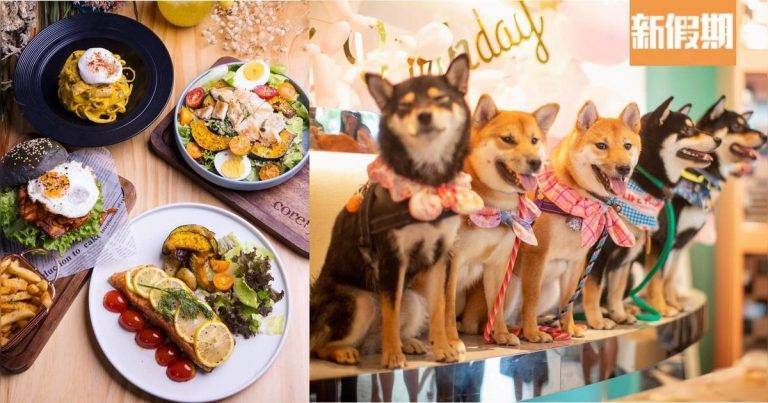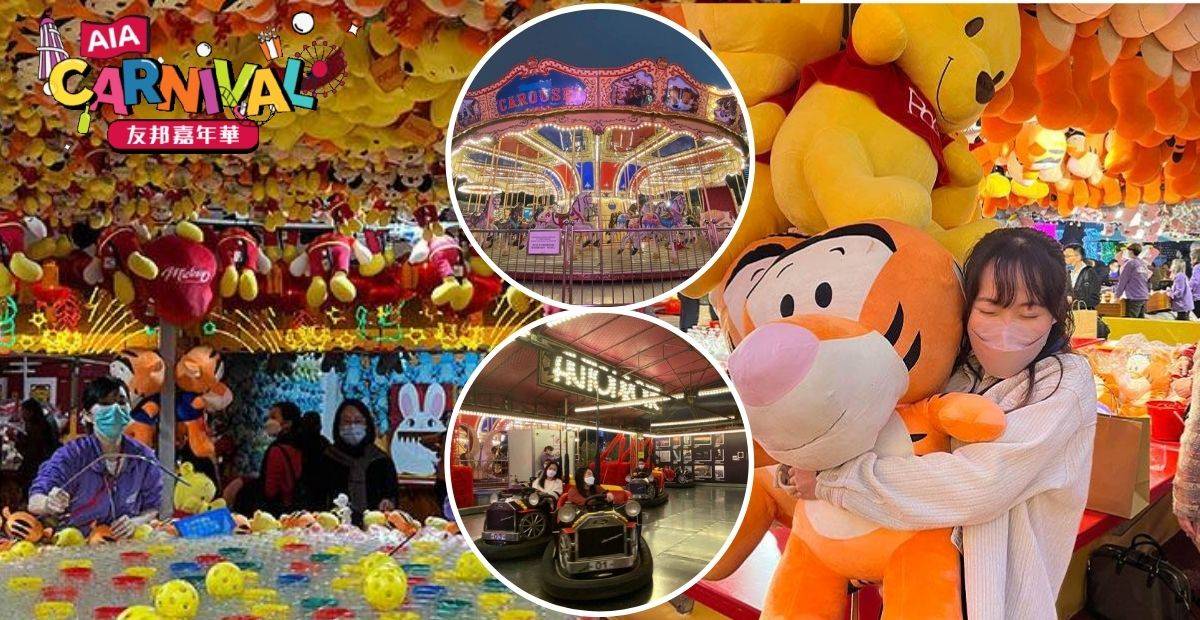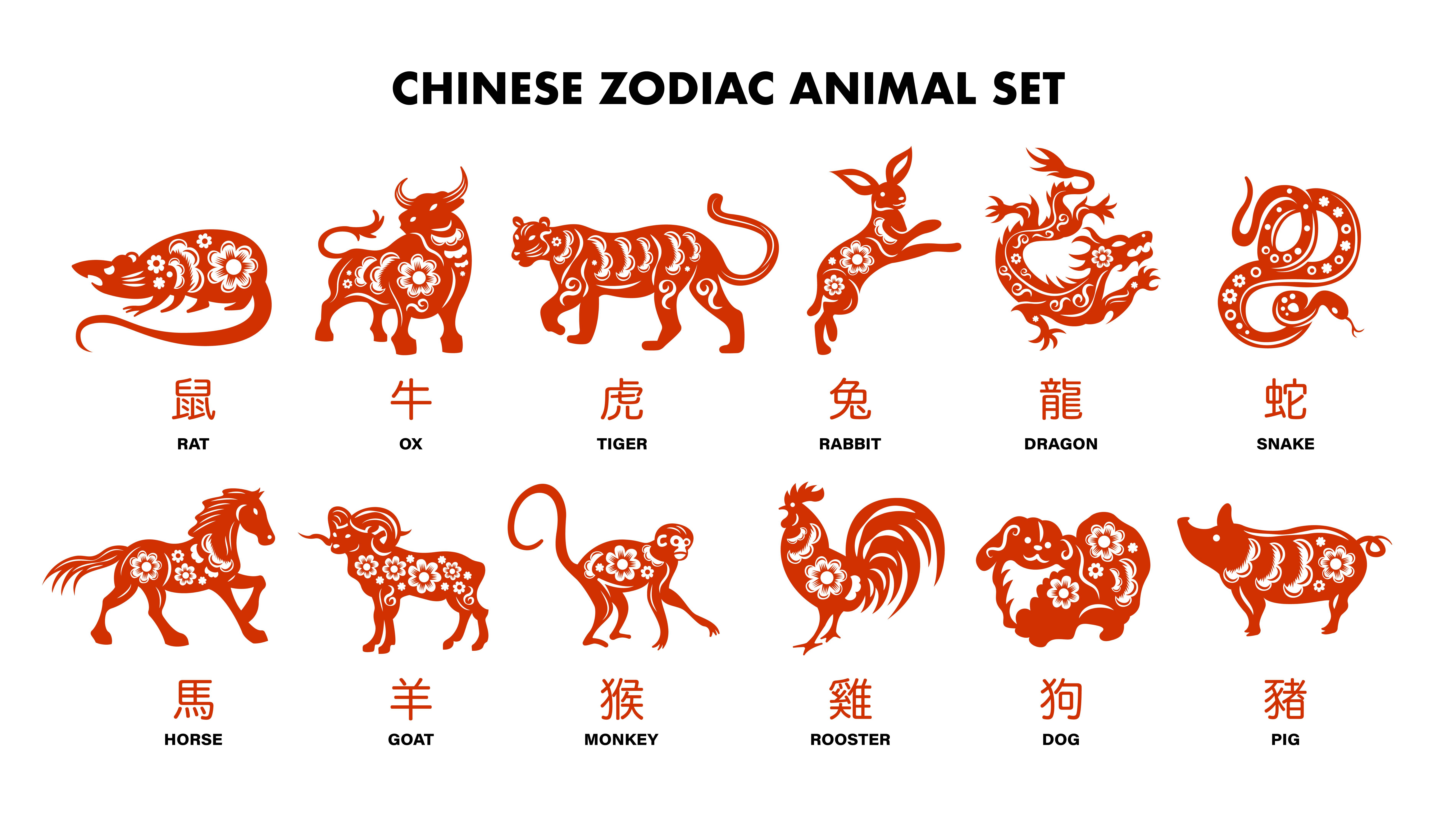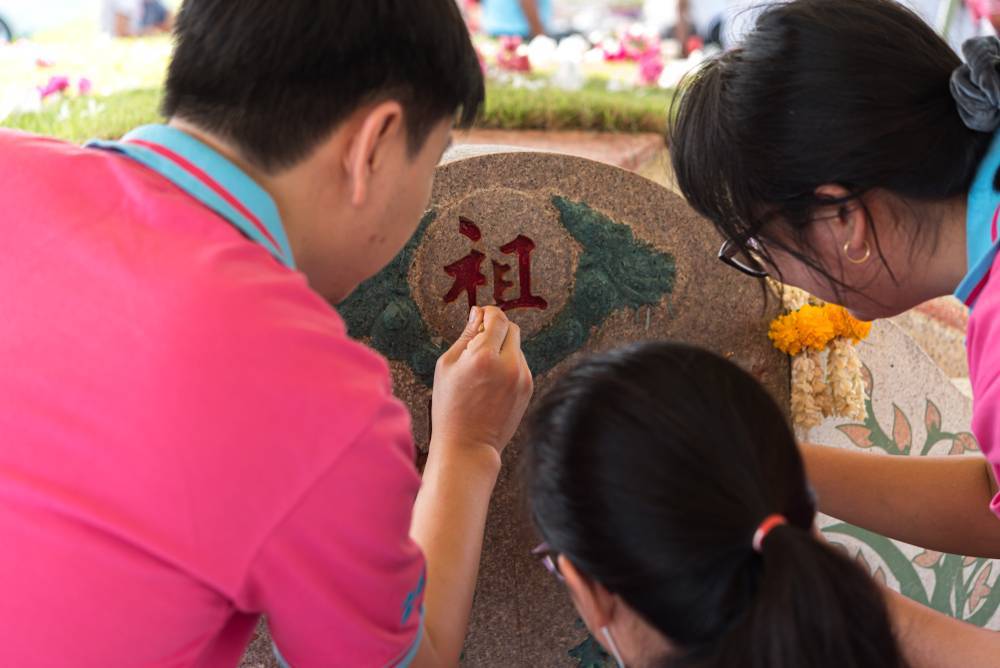Yu Lan Festival | Ancestral Worship + Cultural Celebrations
Yu Lan Festival- 盂蘭節
Yu Lan Festival| Introduction
Yu Lan Festival| Areas
Yu Lan Festival| Era
Yu Lan Festival| Date
Yu Lan Festival| Historical Evolution
Yu Lan Festival Events
Yu Lan Festival| Introduction
In Hong Kong, there is a population of approximately 1.2 million individuals who are native to Chiu Chow. These people actively preserve and continue the cultural traditions of both Chiu Chow and Shantou. One notable event organized by the Chiu Chow diaspora in Hong Kong is the Yu Lan Festival, which takes place annually throughout the entire seventh lunar month. This festival has been celebrated for over a century and serves as an opportunity to honor ancestors through worship ceremonies and rituals dedicated to wandering spirits in the afterlife.
During this month-long celebration, various activities are carried out. Paper offerings are burned on the streets as a way to pay respects, while Chiu Chow operas are performed as expressions of gratitude towards deities. Additionally, effigies representing the Ghost King are set ablaze, auspicious rice is distributed among participants, and auspicious objects are auctioned off.
The significance of the Yu Lan Festival within Hong Kong’s Chiu Chow community was officially recognized in 2011 when it was inscribed onto the third national list of Intangible Cultural Heritage (ICH).
Yu Lan Festival| Areas
Hong Kong / No Specific Region
Yu Lan Festival| Era
1840s to late 19th century
Yu Lan Festival| Date
From the beginning to the end of the seventh lunar month
Yu Lan Festival| Historical Evolution
The Yu Lan Festival (Ullambana Festival), known as the Ghost Festival or the Hungry Ghost Festival in Taoism and commonly referred to as the Seventh Month or Ghost Month, has various origins. One theory is that it originated from the story of Maudgalyayana saving his mother, which promotes filial piety and doing good deeds. According to historical records, the Yu Lan Festival was first established by Emperor Wu of Liang during the Southern Dynasty who had a strong belief in Buddhism. Over time, it became popular among the general public and gradually transformed from offering to monks to offering to spirits with the purpose of delivering deceased souls.
There are over 1.2 million people of Chiu Chow descent in Hong Kong, and they have been organizing Yu Lan Festival for over a hundred years. The first Yu Lan Festival in Hong Kong was held in 1897 by Chiu Chow Kung Wo Tong (currently held at Morrison Hill Road in Causeway Bay). Subsequently, other Chiu Chow communities followed suit, expanding both in terms of activities and scale.
TheYu Lan Festival not only embodies elements of folk culture and religious customs but also carries the history of overseas Chinese, immigrants, and Hong Kong’s development. Over a hundred years ago when Chaoshan people came to Hong Kong for a living, they brought along their traditions related to Ullambana from Chaoshan region. Since then, the Chiu Chow Yu Lan Festival has taken root in Hong Kong; not only preserving their hometown traditions but also gradually integrating local characteristics into this modern city through different evolutions. Today, it continues to be passed down through generations within various Chiu Chow communities across different districts while becoming an important and widely celebrated folk festival throughout Hong Kong.
In 2011,the Hong Kong Chiu Chow Association’s Yu Lan Festival was included in the third batch of national intangible cultural heritage representative list.
In order to further promote Chiu Chow Ullambana culture, the Hong Kong Chiu Chow Association has been organizing an annual “Ullambana Cultural Festival” since 2015. New activities such as the “Grabbing Orphans Competition” and “Stacking Offering Trays Competition” have been added to inject new vitality into the Yu Lan Festival and attract younger generations to learn about this traditional holiday.
Wong Tai Sin Festival| Events
The Yu Lan Festival, a popular event among the Chiu Chow people, is held in various communities on a rotating basis from the first day of the lunar July to the end of July. It takes place in over 60 locations across Hong Kong Island, Kowloon Peninsula, and New Territories, making it a large-scale folk activity in Hong Kong.
The main purpose of organizing the Yu Lan Festivalis to worship ancestors and offer sacrifices to lonely souls without descendants. Traditional activities include conducting merit-making ceremonies such as reciting scriptures for repentance, delivering spirits from suffering, offering prayers for ancestors, feeding ghosts and gods with food offerings. There are also performances of divine martial arts dramas, distribution of blessed rice for peace and prosperity, and competitions involving lucky items.
The venue is equipped with shrines dedicated to deities, platforms for Bodhisattvas and lonely souls, altars for ancestral prayers and scripture chanting masters’ huts. The “Great Deity” at the Bodhisattva platform stands about four meters tall and serves as the presiding deity for offering solace to lonely souls. The street stages set up by local residents mainly feature Teochew opera performances. In addition to that, various Teochew crafts and performing arts such as paper sculptures in Teochew style (紙紮), flower plaques (花牌), traditional cakes and pastries (粿品餅食) preparation techniques are fully showcased during this Yu Lan Festival event space.
How long has the Yu Lan Festival been celebrated?
The Yu Lan Festival has been held for over 100 years, making it a longstanding tradition among the Chiu Chow diaspora in Hong Kong…More Details
What activities are part of the Yu Lan Festival?
The festival involves various activities such as burning paper offerings on the streets, performing Chiu Chow operas as a thanksgiving to…More Details

